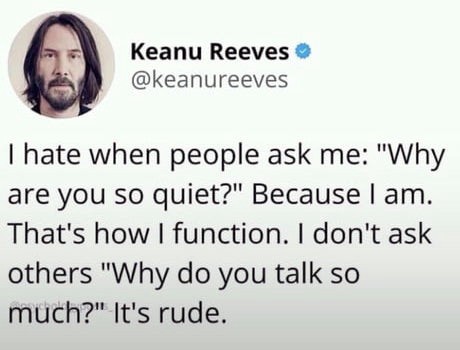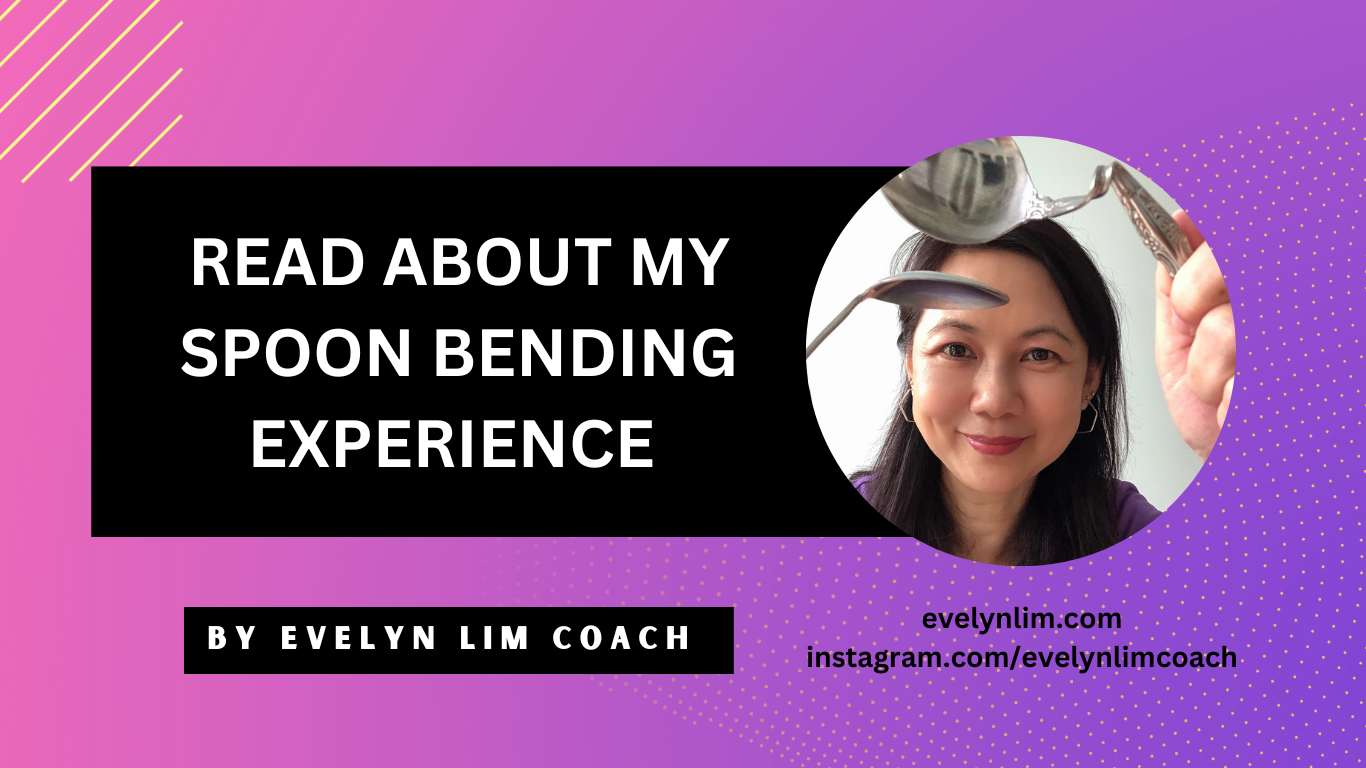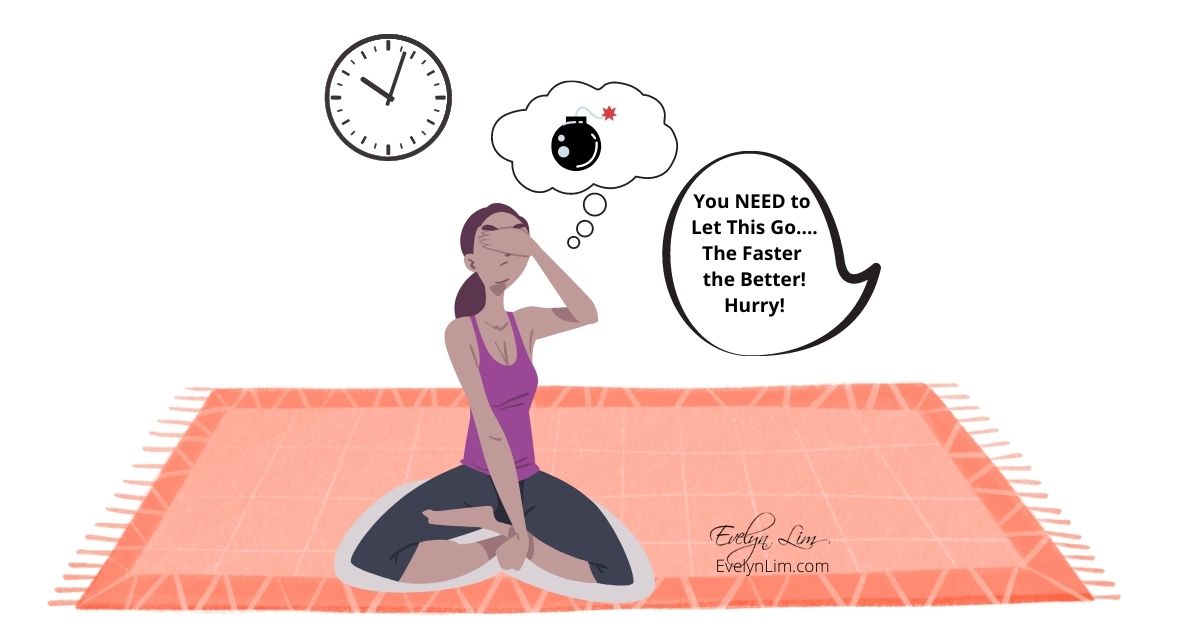Category Archives for "Conscious Living"
Meaning of Conscious Living
Meaning of Conscious Living

A big questions is: How can we build self-confidence, as an introvert, in a world that seems to favour the extroverts?
Some clients of mine who are introverts seem to believe that their quiet personality is some kind of death sentence and that they are already at a disadvantage.
Well, it is true that those who are extroverted or have an outgoing personality tend to attract friends easily. They are fun, bright and great to hang out with. Generally, they appear to be confident about themselves. Society is also inclined to believe that those who are extroverted make natural leaders. But does this mean that those who are introverted have no or less chance to be successful?
Well, I’d like to share from my perspective as someone with an introverted personality but still desiring to connect with others socially. Also, I’d like to correct some myths on introverts. I also like to believe that the world has enough space for introverts to thrive as much as the extroverts or anyone in between.
Most introverts are quiet. They can feel as if they “don’t belong”. Quietness can seem to be something out of place in a world that is noisy. In fact, introversion is often perceived as something undesirable or a sign of weakness. From not speaking up, our silence is interpreted as being shy, having a lack of confidence and as having nothing valuable to contribute.
As kids, we may be taught that there is something fundamentally wrong with having an introverted or quiet personality. We were not the popular ones in school for sure. I recall feeling rather hurt when I was labelled as a “quiet kid”, which caused me to retreat even more into silence.
Recently, while attending a dinner-cum-networking gathering, someone suddenly pointed out that I have been really quiet. For a moment, I could feel as if all eyes were on me. Till then, I was occupied with listening to what the more talkative ones had to share. Put in the spot, I felt as if I had to defend myself for being quiet.
Keanu Reeves has much to say about being a quiet person…
I hate when people ask me: “Why are you so quiet?” Because I am. That’s how I function. I don’t ask others, “Why do you talk so much?” It’s rude.


Do you often feel unwanted and lonely because you believe that “I don’t belong”?
Do you often feel left out in social circles?
Over time, anyone who constantly feels unwanted and experiences “not belonging” can start to feel depressed and disconnected. The heart senses the separation. A belief of “not belonging” can impact our ability to form close friendships or relationships with our spouse and loved ones.
We experience “not belonging” because we can’t seem to fit in. It may be that we are not comfortable in our own skin, to begin with. Or that we are afraid of being hurt because we hold the fear of rejection. The conviction that we are not wanted arises when we find out that friends are leaving us out from their social circles or are not asking us out.
Many of my clients who are spiritual seekers confess to feeling the same way. They feel like an “alien” on this planet especially when their beliefs, ideas and values differ from commonly held ones. Holding on to disconnection, they question what their purpose in life is.
Then, there are the introverts and empaths. Introverts need plenty of “me” space and alone time whereas empaths find it necessary to protect themselves. Within this group, those who keep to themselves excessively can also develop the belief of “being unwanted” especially where they have decided not to engage. They go through the constant conflict of not knowing what they want.
All these can contribute to the perception of “not belonging”.

We tend to pay little regard to any form of emotional neglect that we’ve experienced as a child. After all, it is not as if that we had faced a real survival threat. Nor were we physically abandoned or abused either. So it would seem unthinkable to even imagine that there can be any sort of trauma related to emotional neglect.
Therein lies where the problem is.
Because it did not cross our minds that a lack of self-esteem or our struggles with anxiety and mental health could be contributed by the emotional neglect that we had experienced when we were young, we don’t seek help or therapy for our issues. In fact, we usually perceive that seeking help from professionals as only warranted for major traumas. Sure, problems caused by emotional neglect may be less serious than say, a case of torture or abuse. However, emotional neglect can also cause problematic wounds when we bury them deep in our psyche.
So, here’s what I eventually discovered…
Emotional neglect can inflict invisible wounds, even in the absence of any physical signs of abuse.

If you are experiencing the struggle over financial lack, it can be challenging to see the lessons money scarcity offers. You are in emotional struggle when you feel worry, frustration and stressed out. Many of us do find it hard to have clarity when we experience emotional overwhelm. Through this article, I hope to shed some insights that have personally helped me create a shift in my relationship with money.
For a start, it may seem impossible to will away the perception of scarcity. After all, limits are very much a natural part of our physical life. Just think about it, there is 24 hours in a day, 60 minutes in an hour and 60 seconds in one minute. You have got to finish the work that needs to be done within a certain time frame.
Then, there is also ageing and the cycle of life and death. The physical world has some kind of built-in mechanism where conditions and limits are already preset.
It was also where my confusion came in as well.

How do you begin to improve your relationship with money?
In this updated post, I’d like to share a way that is easy to understand and relate to. This update also covers one of the topics that I am teaching in my Relationship with Money Course.
What can be helpful is to think of a romantic relationship. And in every romantic relationship, there are stages. So, consider the different phases that a romantic relationship will go through; that is from dating to developing love and true intimacy. Next, draw on the understanding to apply it in the context of your relationship with money.

In a workshop I attended more than 10 years ago, there was a spoon bending exercise that I can still recall today. I’m updating this post with photos of the spoons that I have kept on my desk.
During the exercise, we were handed some metal spoons and asked to bend them – not by using the hands but by the power of our minds.
Nancy, the facilitator, offered this advice, “Be One with The Spoon”.
“Sounds like mambo jumbo,” I could hear my skeptic saying.
How do you BE One with a Spoon, for crying out loud???
The weekend had culminated with an exercise that required us to bend a metal spoon, not by brute force but by the mental focus of thought. Nancy shared that we, be it spoon or human, are made up of energy. Therefore, instead of viewing ourselves as separate from another matter, we are One. Through the awareness that we are One, it was suggested that we could alter the appearance of the metal spoon.

How to recognise that you need self-love healing to address the needs of your inner child?
Or if your current struggles are connected to a wounded inner child?
According to psychologists, every adult has an inner child.
Your wounded inner child is that part of you that never grew up, even though you are now an adult. She may be your younger self as a newborn or a 6 year old. If she is wounded, it means that she has been holding on to hurt, disappointment, pain or any negative emotions, and her needs have not been met.
If the needs of your inner child remain unresolved, it can potentially affect your mental well-being and relationships. Thus, inner child healing is a crucial part to deep psychological work. It involves the spiritual process of reconnecting to the wounded elements of your inner child.
Here are 7 indicative signs that you need self-love healing which involves “meeting” your inner child…


Charmain Tan approached me for help when her anxiety started to spike during the lockdown in 2020.
She kindly sent me a letter of gratitude and recounted what happened to her…Continue reading

A scarcity paradigm puts you in lack and limitation. You view the world through a lens of “not enough”. Hence, a positive shift – which improves your vibrational state of being – is required to attract a new reality that is more positive and empowering. When you make a shift by changing your beliefs, thoughts and feelings, you are using an inside-out approach.
In your move towards higher consciousness, you are likely to discover a new set of beliefs that do not necessarily conform to societal held ideas. These new ideas are not about struggling to work hard, joining any network marketing program, or selling health supplements. No goal setting, strategising, or heavy mental activity is needed for the most part.
(This article is a repost and has been updated in 2021).